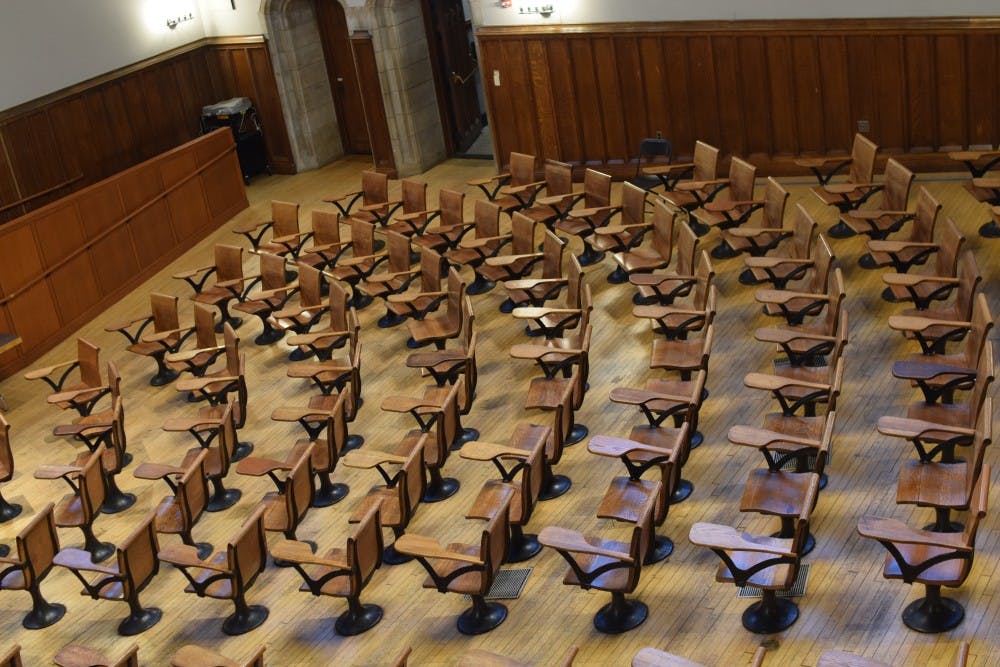Finally, after 80 years of post-winter break exams, Princeton will modernize its calendar and allow students to have exams before break. Instead of stressing over exams under the mistletoe or sharing a New Year’s Red Bull to get started on a Dean’s Date assignment, students can truly enjoy the holidays without the cloud of pressure that academia has placed on our lives. Going forward, this change will have myriad effects, including better performance on exams, true rejuvenation from the extended break, and an honest step towards improving the mental health of students.
While having more time to study sounds like it would lead to better exam grades, many students know that it does not feel as such. With exams taking place so far from when students actually learn the material, it is easy to forget information after a month, even if one were to study every day over break, reading period, and the exam period. Princeton’s new schedule will allow for information to be retained at a higher rate than the current system, where students go home, celebrate the holidays, return for reading period and Dean’s Date, and then (finally) take exams. It is exhausting to split time between family — or relaxation, if you stay on campus — and work because you know you have to return to school to finish the most critical part of the semester.
Furthermore, going directly from classes to reading period keeps students more engaged. Instead of reaching out to professors and preceptors over break, who are also trying to enjoy their time off, students can now meet face-to-face and get whatever help they need to succeed on exams. The class still feels relevant in December, and the relationship between students and faculty will have a more cohesive structure, since they can meet together in a more regular manner as opposed to the sporadic nature of emailing over break and maybe during reading period.
Students are often burnt out after December, with or without exams. To come back after only a few weeks away from the University to do more intense work leads to further burnout and consequently affects performance during the spring semester, as students have only a week or so in between finals and the start of class. While it may seem that having exams in December will lead to even greater burnout due to the amount of studying and preparation needed for these assessments, the near month-long break afterwards will allow students to properly recharge. The stress that accompanies exams will have to come at some point, but there is no need to prolong it — it is a benefit to get it over with before students leave for break.
Finally, this move puts the mental health of students at the forefront. Allowing students to truly be away from campus and academia ensures that students can disengage and enjoy life outside of the Orange Bubble. This is not only preferred but necessary for students to work to the best of their abilities. Right now, we are at the beginning of the spring semester, and many students already feel burnt out because they were forced to come back to campus and work for most of January. This leads to a drop-off in the quality of work for the spring semester, as students start off below peak performance and never truly recover.
Overall, with the University breaking from its antiquated scheduling, students are better off with the longer break. The calendar should have been done away with decades ago, but now, finally, the University can move forward for the betterment of the students.
Elijah Benson is a sophomore from Newark, N.J. He can be reached at ebenson@princeton.edu.








